Description
Microcrystalline Cellulose CAS 9004-34-6 MCC Quick Details
| Chemical Name: | Microcrystalline Cellulose |
| Other Name: | Cellulose microcrystalline; α-Cellulose |
| CAS: | 9004-34-6 |
| EINECS: | 232-674-9 |
| Type: | Food additives; Pharmaceutical raw materials; Organic raw materials; Inorganic salt; Daily chemicals |
| Molecular Formula: | (C12H20O10)n |
| Molecular Weight: | 324.28 |
Microcrystalline Cellulose CAS 9004-34-6 MCC Quick Details
| Melting point | 76-78 °C(Solv: acetone (67-64-1); chloroform (67-66-3)) |
| density | 1.5 g/cm3 (20℃) |
| refractive index | n20/D 1.504 |
| Fp | 164 °C |
| storage temp. | room temp |
| solubility | Practically insoluble in water, in acetone, in anhydrous ethanol, in toluene, in dilute acids and in a 50 g/L solution of sodium hydroxide |
| form | powder |
| color | White or almost white |
| Odor | Odorless |
| PH | 5-7.5 (100g/l, H2O, 20℃)(slurry) |
| Water Solubility | insoluble |

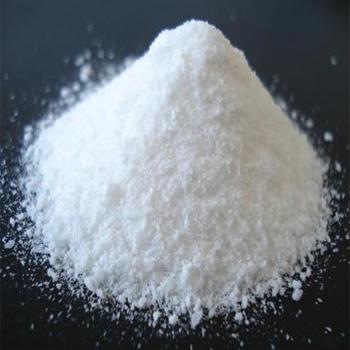
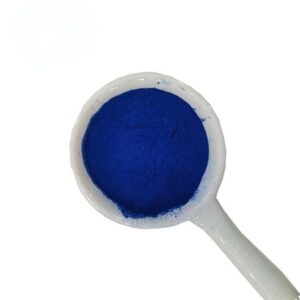
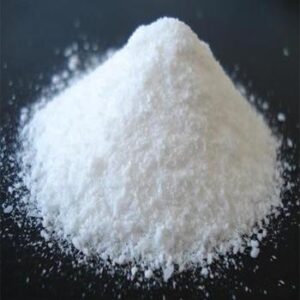
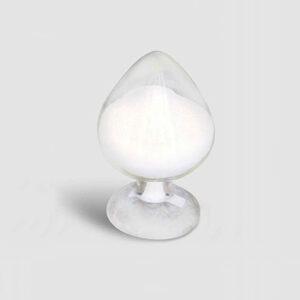
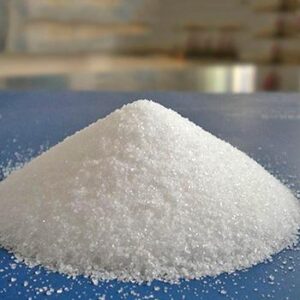
Reviews
There are no reviews yet.